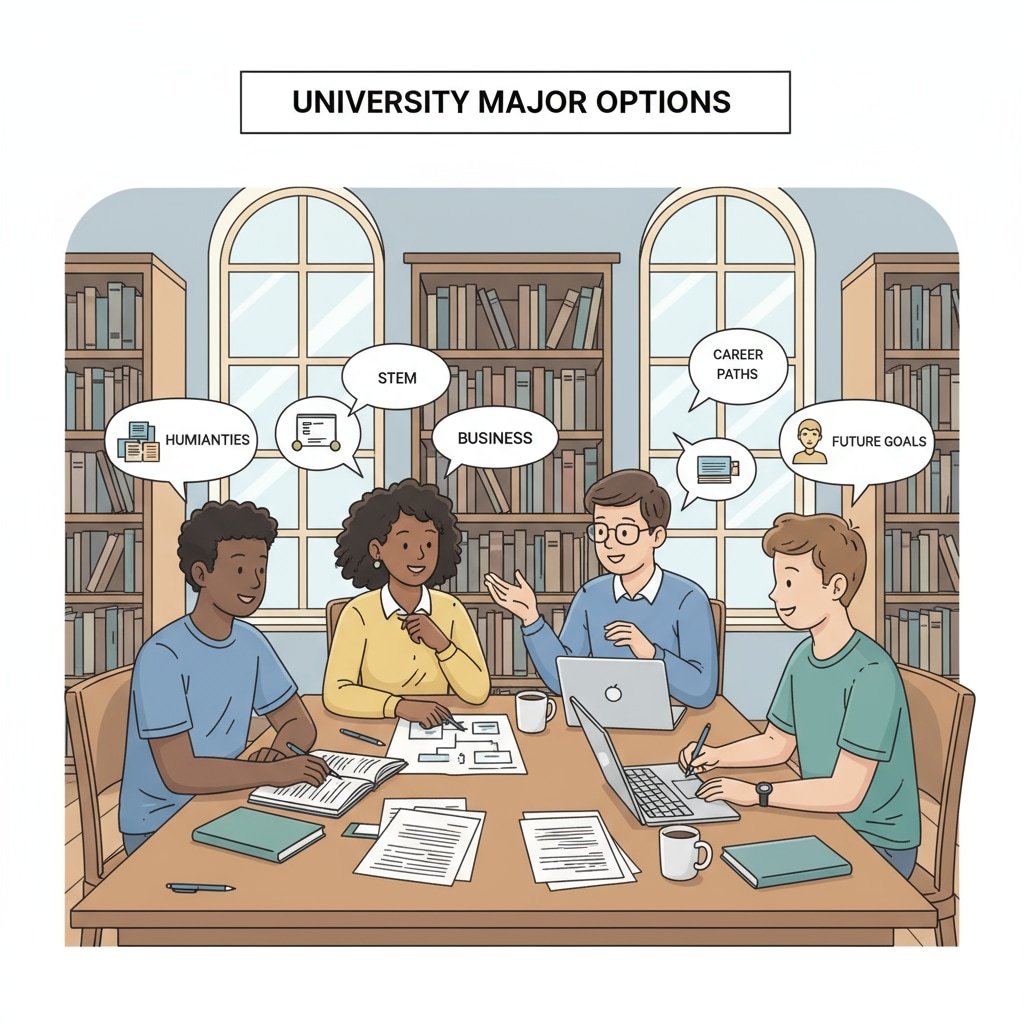When it comes to university major selection, students with remarkable math and physics capabilities often find themselves at a crossroads, grappling with concerns about the employment prospects of software engineering. The allure of software engineering lies in its high demand in the digital age, but uncertainties about the future job market cast a shadow over this choice.

As such, it’s crucial to explore a comprehensive approach to making this important decision.
Evaluating Personal Strengths in K12
During the K12 stage, students should take the time to thoroughly assess their strengths. Those with a knack for math and physics might have a natural inclination towards logical thinking, problem-solving, and analytical skills. These abilities can be applied in various fields, not just software engineering. For example, if a student enjoys the theoretical aspects of math and physics, they might consider pure mathematics or theoretical physics as potential majors. Mathematics education on Wikipedia can provide insights into different math-related career paths.

Analyzing Global Tech Development Trends
Keeping an eye on global technology trends is essential. While software engineering has been a dominant force, emerging fields like artificial intelligence, data science, and quantum computing are on the rise. These areas also require a solid foundation in math and physics. For instance, data science combines math, statistics, and computer science to analyze and interpret large datasets. Artificial intelligence on Britannica showcases the growing importance of AI in various industries. Understanding these trends can help students identify majors that will be in demand in the future.
Diversifying through interdisciplinary majors is a smart strategy. Fields such as computational science, which blends computer science, math, and physics, offer a unique combination of skills. Another option is engineering physics, which applies physical principles to engineering problems. These interdisciplinary majors open doors to a wider range of career opportunities. For example, a graduate in computational science can work in research, finance, or technology companies.
Readability guidance: By breaking down the decision-making process into these aspects, students can make a more informed choice. Considering personal strengths, tech trends, and interdisciplinary options will not only lead to a fulfilling university experience but also a promising career. Remember, the key is to explore and discover what truly interests you and aligns with your long-term goals.


